Should Olympic athletes get paid?
For the first time in history, an international sporting body will pay some Olympians for their achievements in Paris this summer

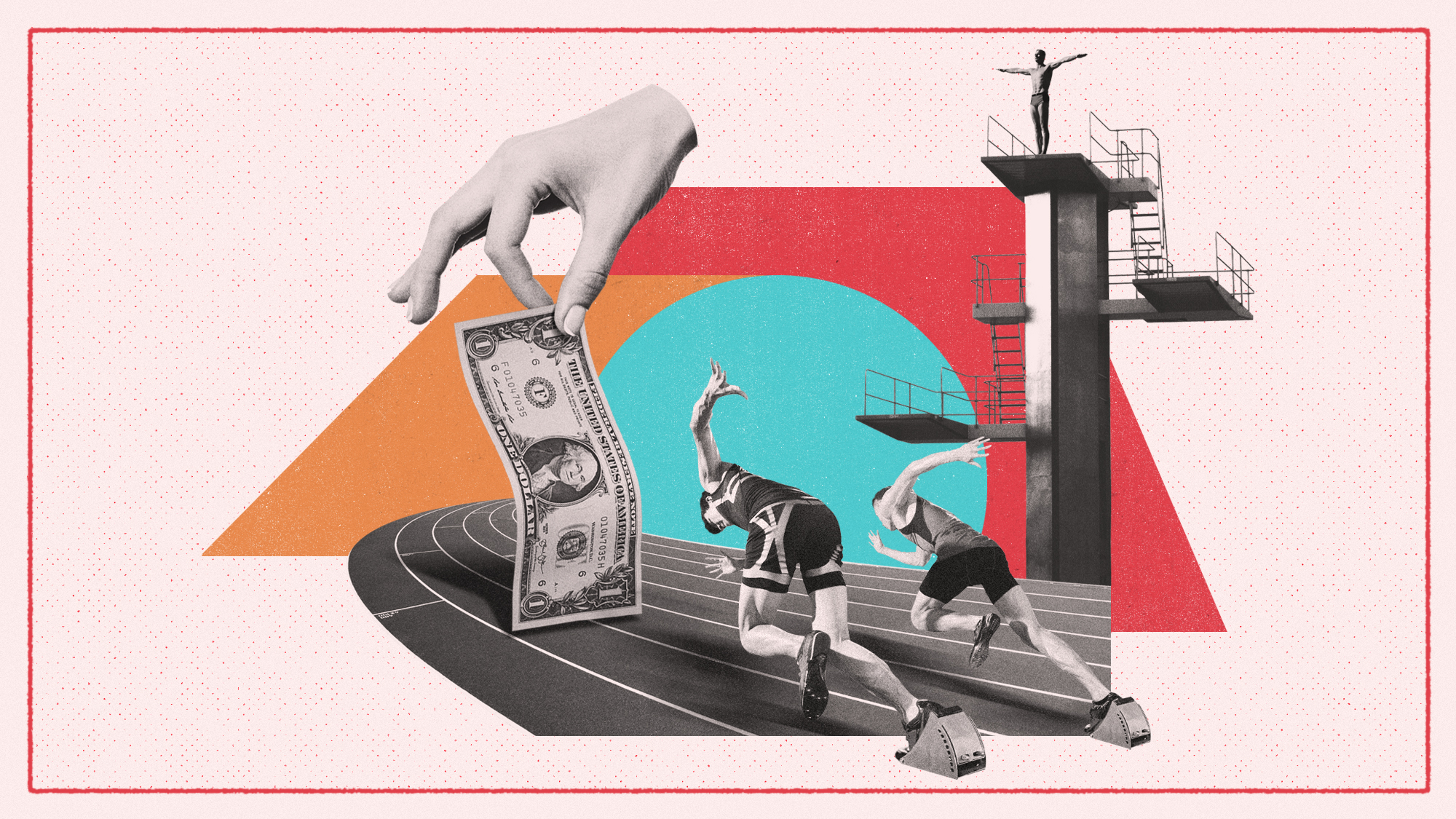
A free daily email with the biggest news stories of the day – and the best features from TheWeek.com
You are now subscribed
Your newsletter sign-up was successful
In 1986, the International Olympic Committee (IOC) amended its governing charter to encourage "all the world's great male and female athletes to participate." While the language may seem benign, the charter revision was a bombshell event for the athletic institution, then almost a century old. For the first time since its creation in the late 19th century, the modern Olympics would allow professional athletes to compete alongside what had formerly been a vigilantly guarded roster of amateurs. The games would never be the same again.
Now, with all eyes on Paris ahead of the upcoming 2024 summer Olympics, this year's games will experiment with a similarly historic change. Some athletes, for the first time in Olympic history, will be paid by an international body for their participation, marking a new chapter for competitors and the competitions alike. In a statement released earlier this month, World Athletics president Sebastian Coe announced his organization — the "world governing body for the sport of track and field athletics" — will award $50,000 to each gold medal winner in the Olympics' 48 different track and field events. The initiative also includes a "firm commitment to extend the prize money at a tiered level" for other medalists in the 2028 Los Angeles games.
While it is impossible to affix a dollar amount on being an Olympian, Coe said, it is nevertheless "important we start somewhere and make sure some of the revenues generated by our athletes at the Olympic Games are directly returned to those who make the Games the global spectacle that it is."
The Week
Escape your echo chamber. Get the facts behind the news, plus analysis from multiple perspectives.

Sign up for The Week's Free Newsletters
From our morning news briefing to a weekly Good News Newsletter, get the best of The Week delivered directly to your inbox.
From our morning news briefing to a weekly Good News Newsletter, get the best of The Week delivered directly to your inbox.
What did the commentators say?
In spite of Olympic athletes "often receiving payments from sponsors and professionals taking part for years," moving to actively pay competitors is a "major shift" for the games, Reuters said. While track and field remains one of the largest and most watched portions of the Olympics, the "vast majority of athletes, including many medalists, face a constant struggle for funding." Though some countries do financially compensate their Olympic athletes, "the amounts vary," The Washington Post said, noting that the U.S. Olympic Committee's payments after the 2021 Tokyo Summer Games "sit on the lower end of cash incentives globally." For competitors whose sports "don't have professional leagues and who don't take the podium at the Olympics, finances can be precarious."
"I'm hopeful that … can move into all other sports, as well," Team USA diver Andrew Capobianco told The Associated Press. "They're trailblazers for that." Capobianco added that "more money for Olympic athletes, especially the smaller sports, would be great."
Not everyone is so enthusiastic, however. British Olympic Association chief Andy Anson criticized World Athletics' move in an interview with Sky News, explaining that "when one sport goes off and does something on their own, doesn't include the sports, doesn't include the IOC, doesn't include the National Olympic Committees," it can create a situation where "other sports are clearly going to get some scrutiny or even pressure from athletes saying, 'Well what about us? How can this sport do it and not others?'" Anson's sentiment was shared by Union Cycliste Internationale president David Lappartient, who called the unilateral announcement "not the Olympic spirit."
What next?
World Athletics' prize money will be pulled from the "International Olympic Committee's revenue share allocation, which is received by World Athletics every four years," the group said. In a statement to NBC, the IOC stressed that it is "up to each International Federation and National Olympic Committee to determine how to best serve their athletes and the global development of their sport." But, NBC noted, a "domino effect could ensue as the athletic world reacts."
A free daily email with the biggest news stories of the day – and the best features from TheWeek.com
Ultimately, Coe explained, compensating athletes as a global body will not "remotely" damage the Olympics' philosophy of equitable sportsmanship. Rather than "singing a good song about how important [the athletes] are" that praise "needs to be reflected," he told Sky News. "Not everybody is going to win an Olympic title at 100 meters or 1,500 meters," said Coe. "We've got 48 disciplines, and this will help the athletes."
Rafi Schwartz has worked as a politics writer at The Week since 2022, where he covers elections, Congress and the White House. He was previously a contributing writer with Mic focusing largely on politics, a senior writer with Splinter News, a staff writer for Fusion's news lab, and the managing editor of Heeb Magazine, a Jewish life and culture publication. Rafi's work has appeared in Rolling Stone, GOOD and The Forward, among others.
-
 Political cartoons for February 12
Political cartoons for February 12Cartoons Thursday's political cartoons include a Pam Bondi performance, Ghislaine Maxwell on tour, and ICE detention facilities
-
 Arcadia: Tom Stoppard’s ‘masterpiece’ makes a ‘triumphant’ return
Arcadia: Tom Stoppard’s ‘masterpiece’ makes a ‘triumphant’ returnThe Week Recommends Carrie Cracknell’s revival at the Old Vic ‘grips like a thriller’
-
 My Father’s Shadow: a ‘magically nimble’ film
My Father’s Shadow: a ‘magically nimble’ filmThe Week Recommends Akinola Davies Jr’s touching and ‘tender’ tale of two brothers in 1990s Nigeria
-
 The 9 best steroid-free players who should be in the Baseball Hall of Fame
The 9 best steroid-free players who should be in the Baseball Hall of Famein depth These athletes’ exploits were both real and spectacular
-
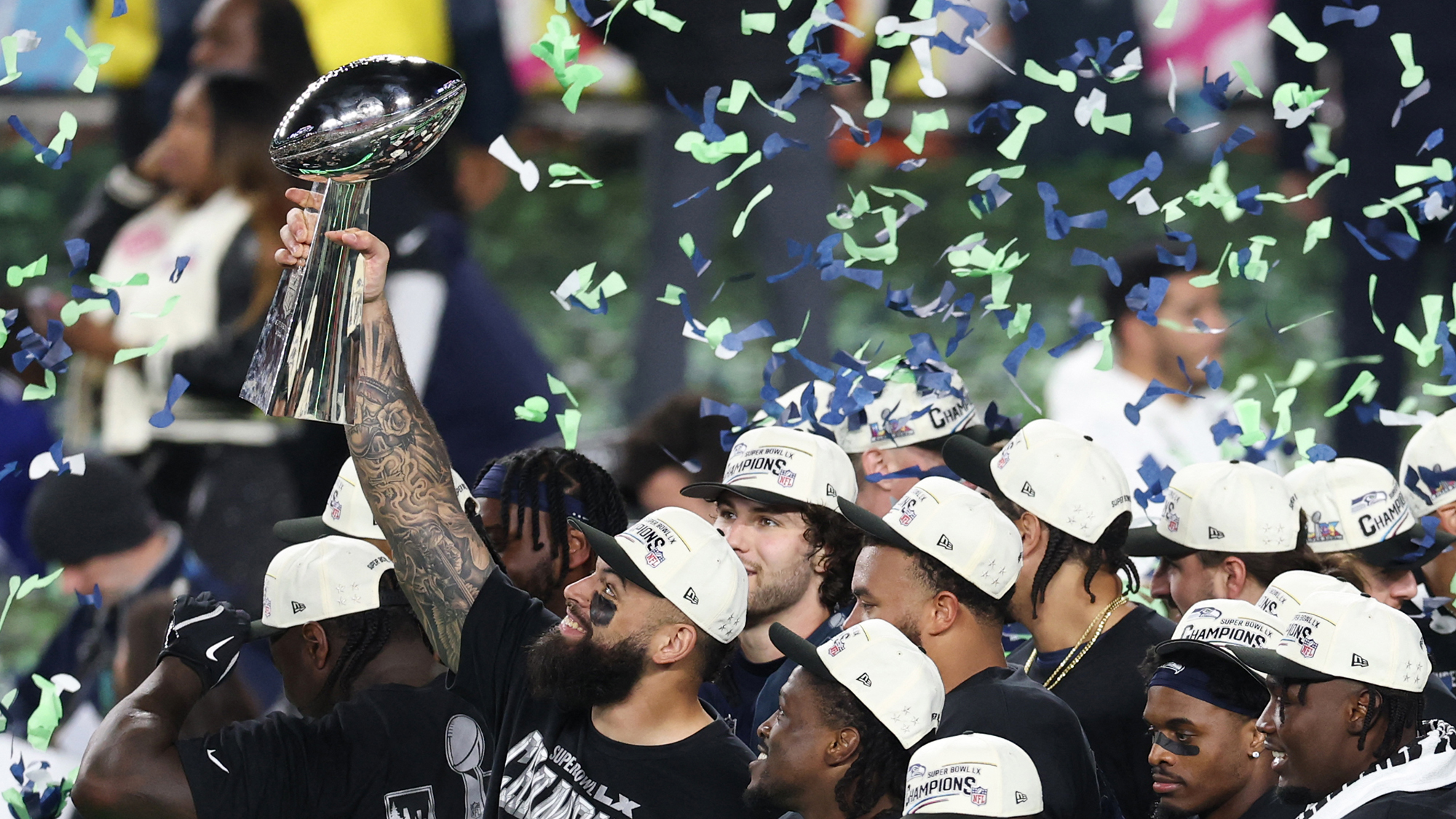 Seahawks trounce Patriots in Super Bowl LX
Seahawks trounce Patriots in Super Bowl LXSpeed Read The Seattle Seahawks won their second Super Bowl against the New England Patriots
-
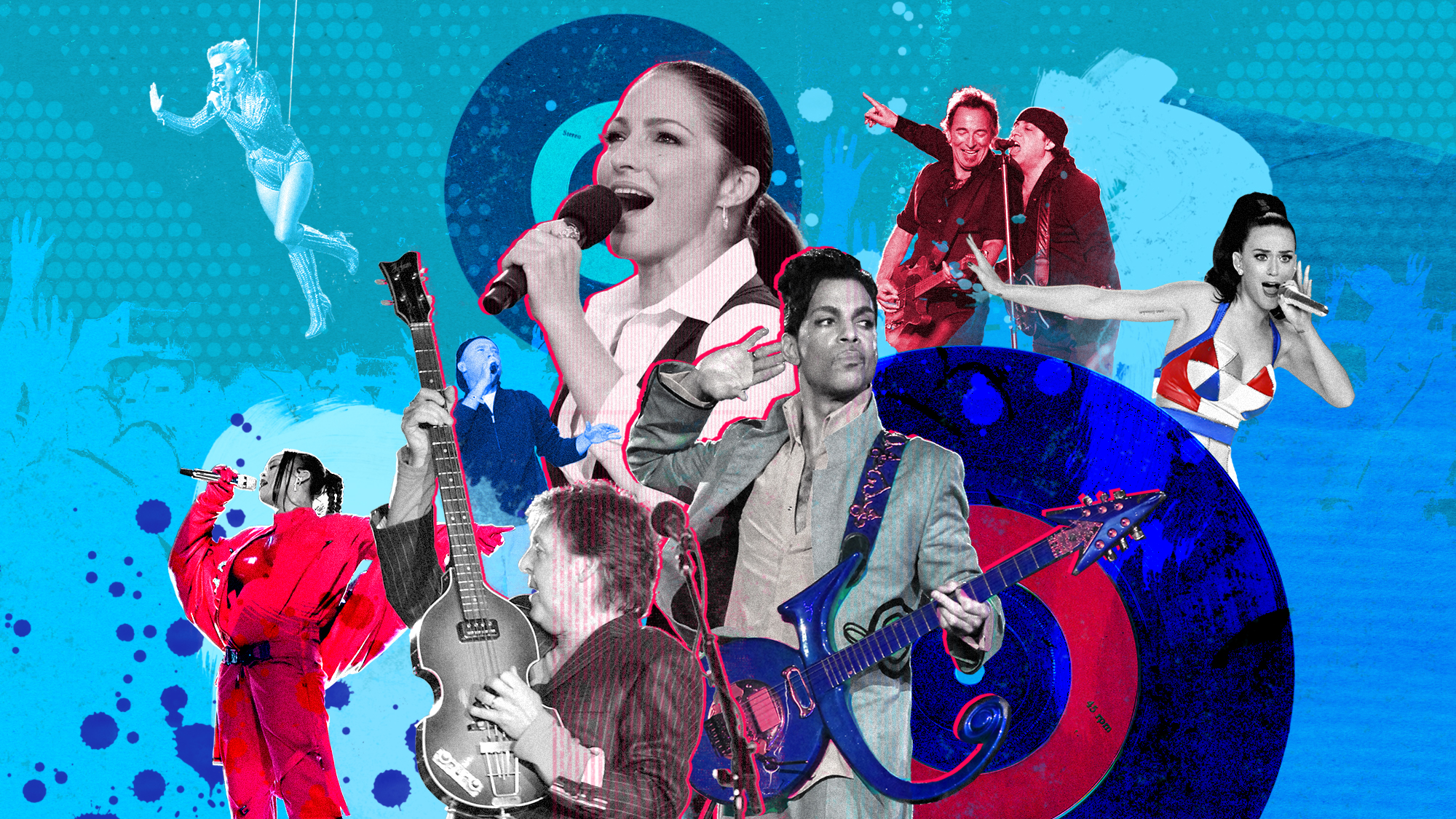 History-making moments of Super Bowl halftime shows past
History-making moments of Super Bowl halftime shows pastin depth From Prince to Gloria Estefan, the shows have been filled with memorable events
-
 Indiana beats Miami for college football title
Indiana beats Miami for college football titleSpeed Read The victory completed Indiana’s unbeaten season
-
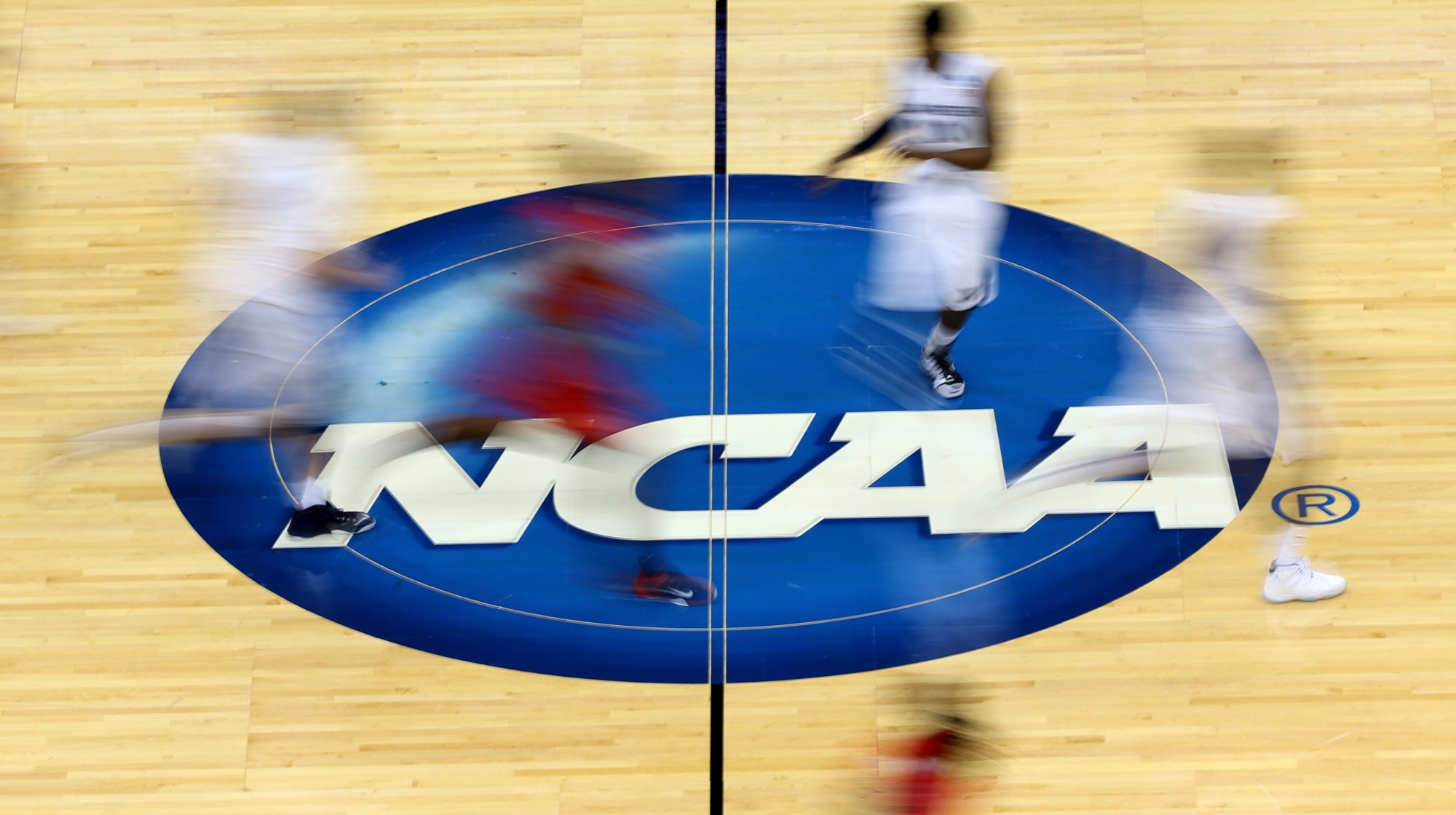 Dozens charged in NCAA game-rigging case
Dozens charged in NCAA game-rigging caseSpeed Read The schemes allegedly involved fixers who paid $10,000 to $30,000 for each rigged game
-
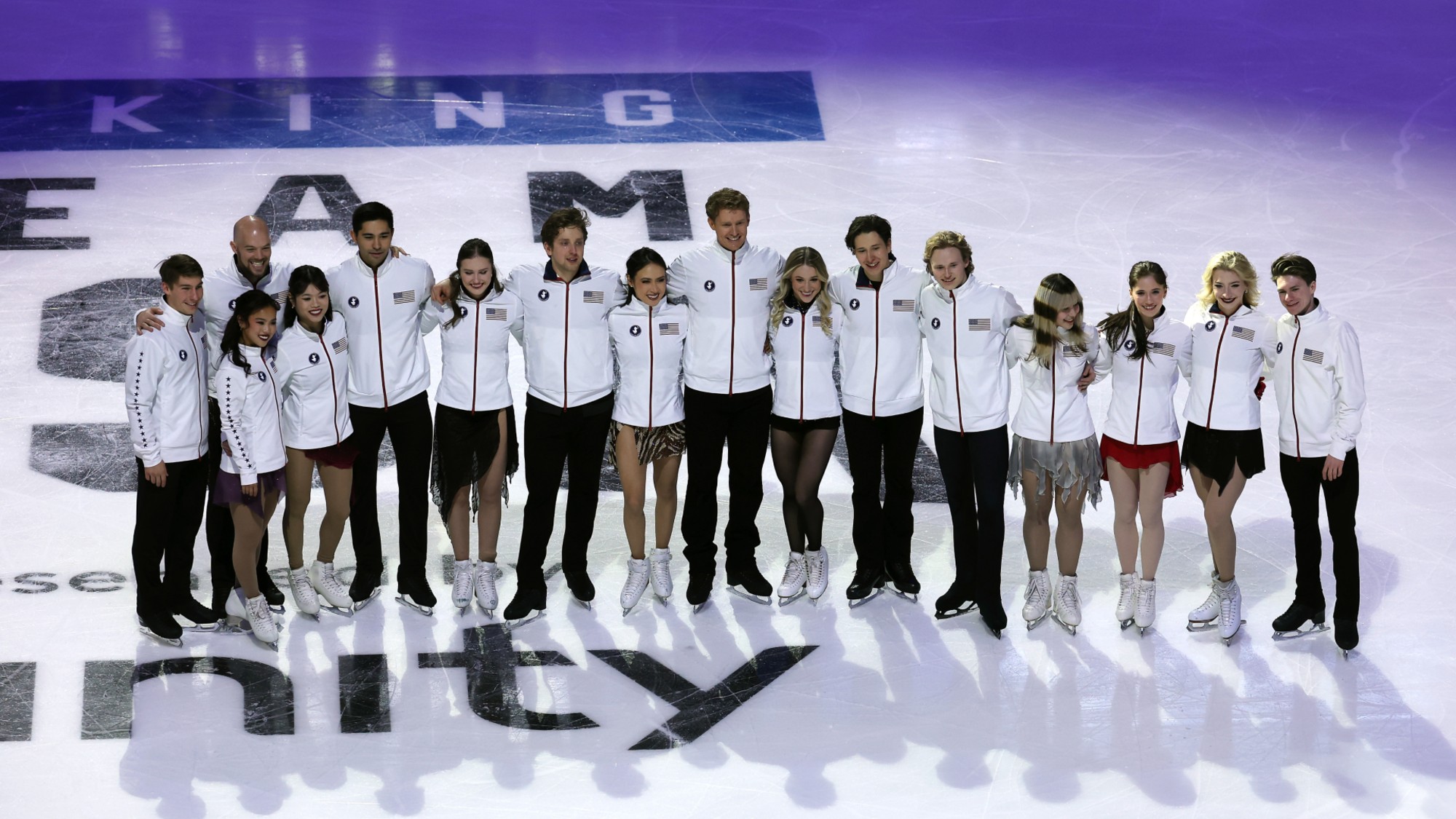 The US Olympic figure skating team might be the ‘greatest’ ever
The US Olympic figure skating team might be the ‘greatest’ everIn the Spotlight The team will take to the ice in February
-
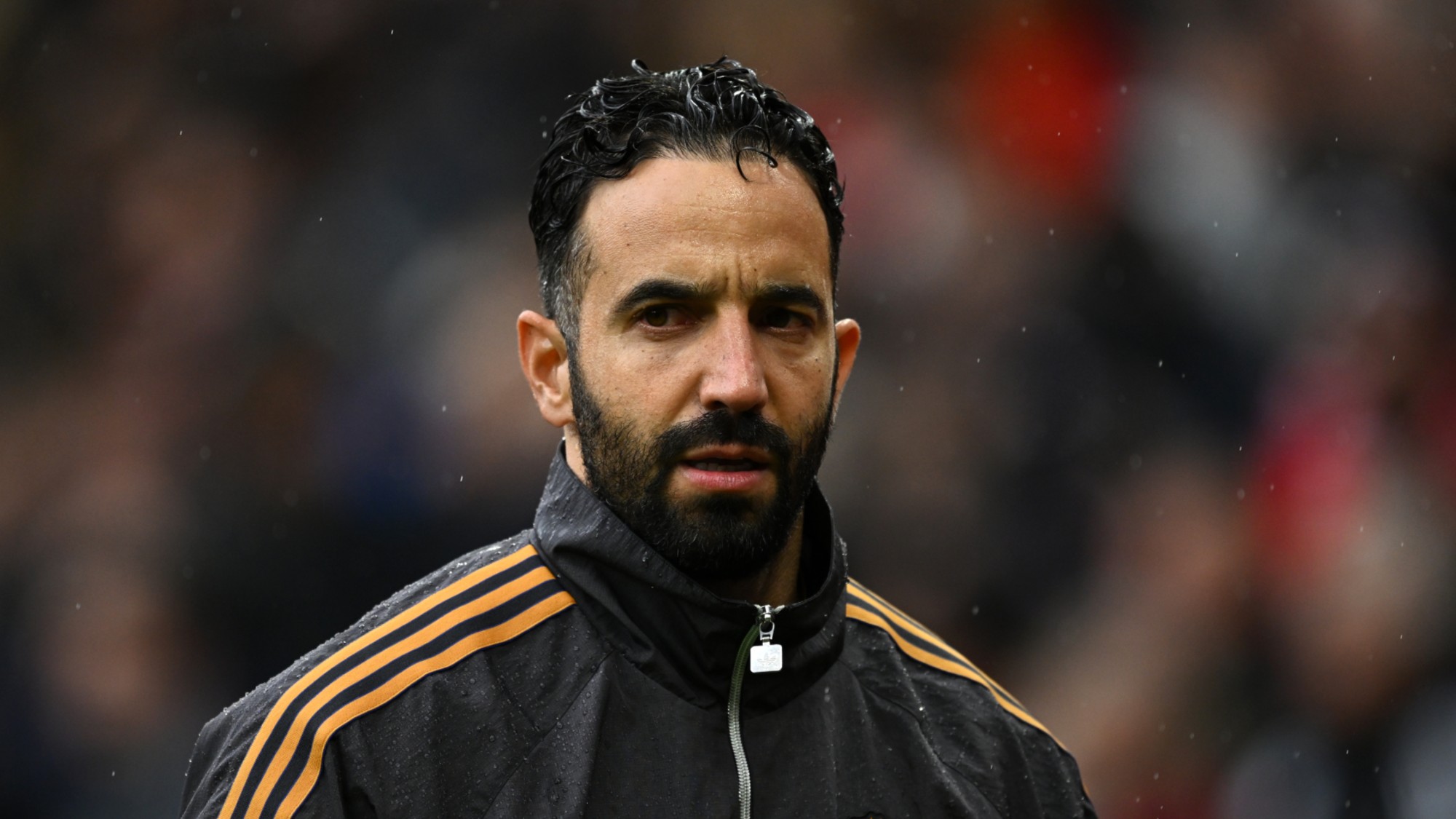 Amorim follows Maresca out of Premier League after ‘awful’ season
Amorim follows Maresca out of Premier League after ‘awful’ seasonIn the Spotlight Manchester United head coach sacked after dismal results and outburst against leadership, echoing comments by Chelsea boss when he quit last week
-
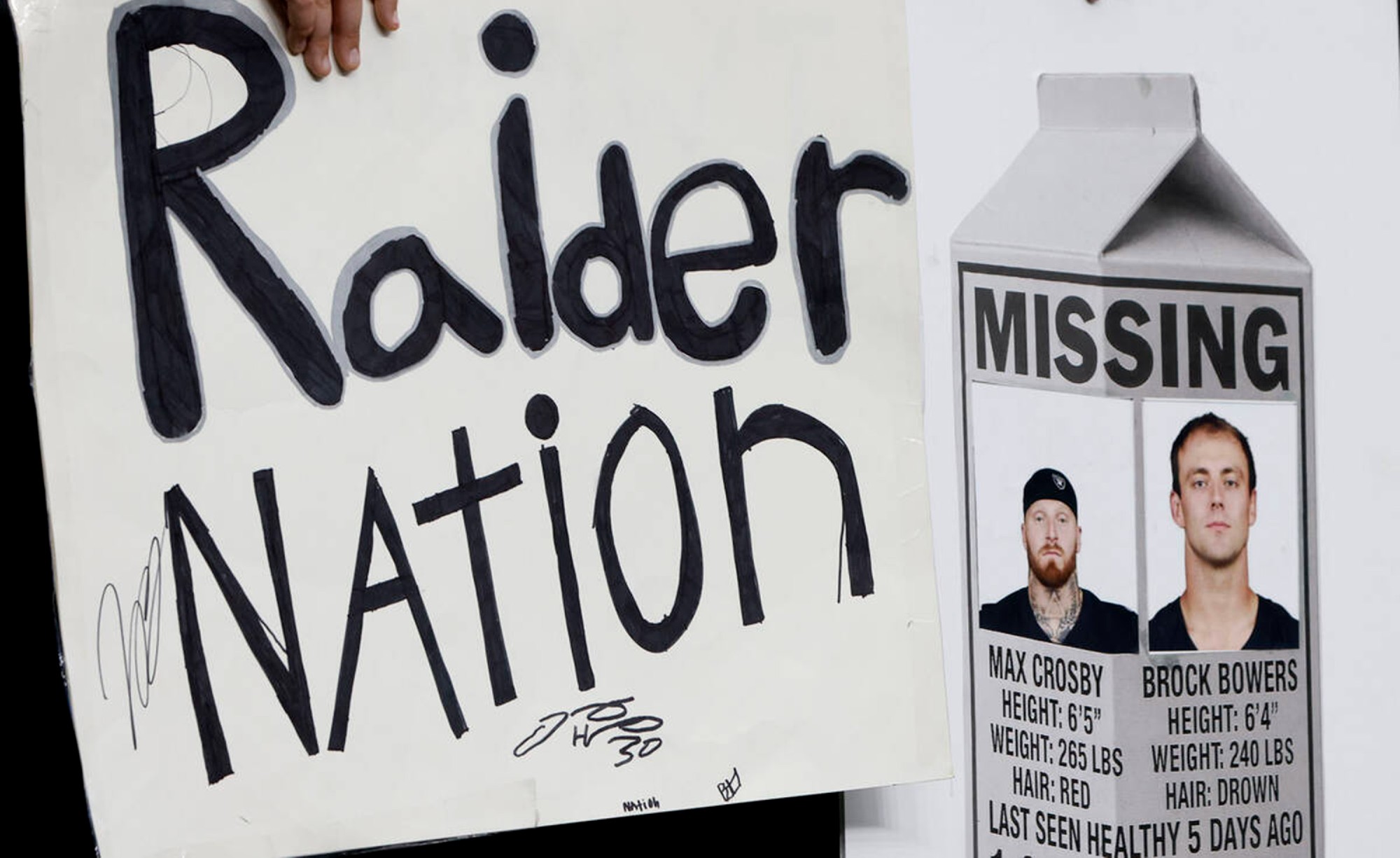 Is tanking ruining sports?
Is tanking ruining sports?Today's Big Question The NBA and the NFL want teams to compete to win. What happens if they decide not to?
